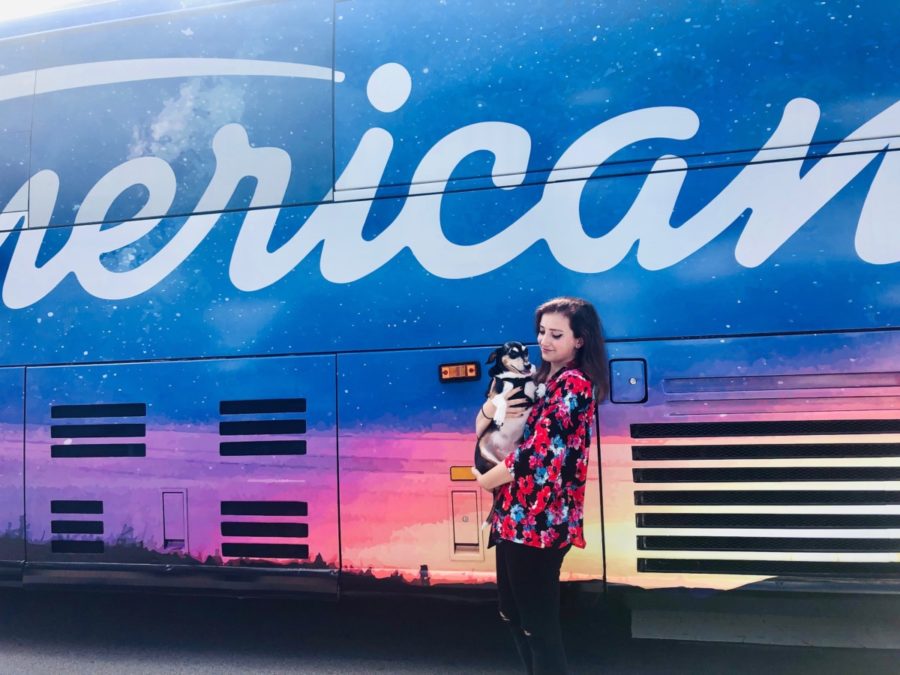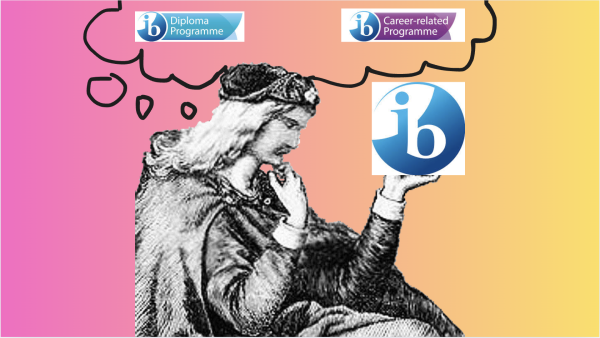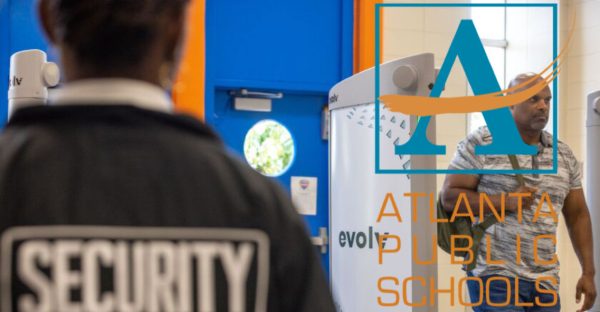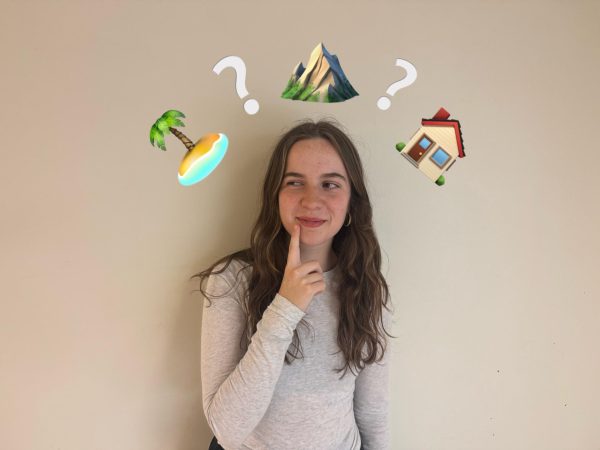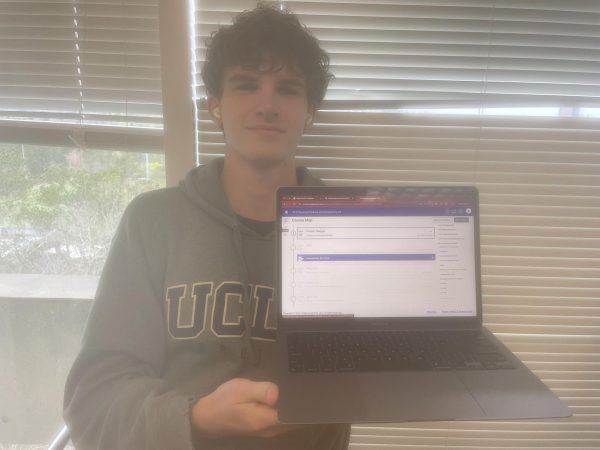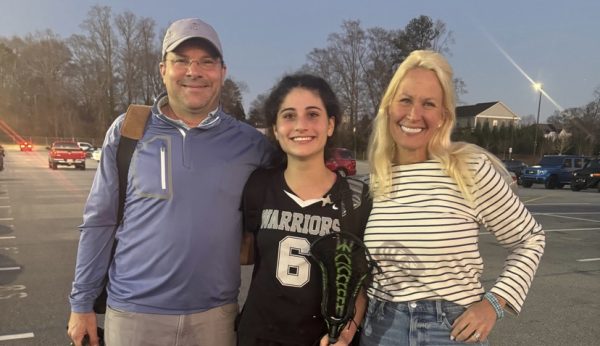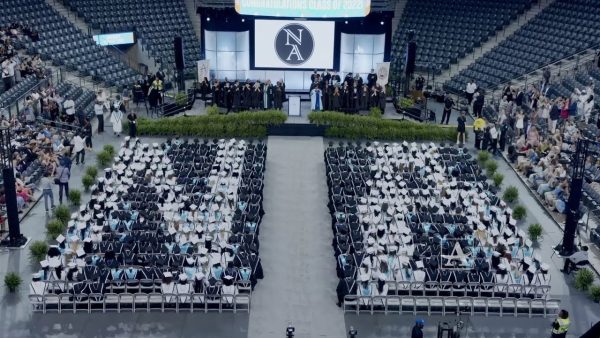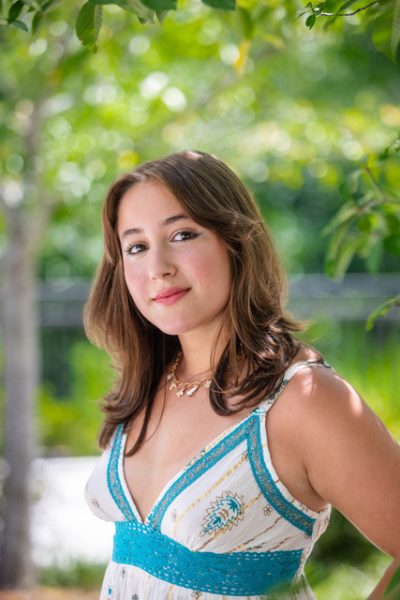How My Unsuccessful American Idol Auditions Made Me More Confident
One sentence I never thought I would say is, “Hi, I’m Tabitha Randklev and I’ve auditioned for ‘American Idol’ twice.” The very concept of even attempting to audition for something as colossal as infamous singing competition of “American Idol” would normally be enough for my socially anxious self to pass out. However, as I sat on break at work one sunny day in July, I got an email notifying me that the show was holding open call auditions in Macon, Georgia. I looked over the email. The process seemed easy enough and I know it would make my parents proud if I tried out. Not to mention that I’d also get to miss a day of school, which is always a plus.
Flash forward a little over a month later to my mom and I frantically loading up the car with every possible thing one would need for an overnight in a mere hour and change away. On a Thursday night, my mom and I made the trip — which wound up lasting four hours, curse you Atlanta traffic. We had lots of paperwork to fill out at the hotel, mostly various release forms and a form entitled “What’s Your Story?” for the producers to analyze deeply to figure out how to portray your television-worthy sob story. We read lots and lots of articles online on how to ace the first round of auditions and see how the show’s casting process works. Basically, there’s the open call audition, a callback audition for the executive producers, and then, if you’re lucky, the celebrity audition.
After a good night’s sleep — of approximately three and a half hours — my mom and I quickly got ourselves prepared for the most important audition of my young life. We made it to the car before sunrise and were at the Macon City Center by 7:15 a.m. The line was already about 300 people long. Once we made it inside the building, a security guard separated me from my mom and put me in the line for the judges while my mom got to wait in the parent holding cell. I nervously went over my song, “Renegade” by Styx, in my head the entire two hours I was in line.
I got to the front of the line. There were six judge tables, each seating one casting producer. By the time I reached the judge tables, only 13 out of the thousands of people there had advanced to the next round. The security guards separated people in line into groups of four to perform for the producers. Out of my group of four, the casting producer seemed to like me the most as he requested I do an additional 30 seconds of a different song after I sang my heart out to “Renegade.” I sang the crazy high note to “Kashmir” by Led Zeppelin, which was probably a mistake, as it only showed I could be loud and didn’t actually showcase my voice very well.
The producer asked the four of us to step forward and very politely told us that it was going to be a no from him today but to keep trying and maybe audition next year. I auditioned again alright, except instead of waiting a year, I auditioned again a little over a week later.
That next Saturday, my mom, stepdad, dog and I loaded up our stuff into my mom’s minivan to make the six hour road trip to Raleigh, North Carolina, where I would be getting my second chance. This time, we handled the entire process better, in my opinion. I filled out my paperwork in advance, printed out a picture of myself at Walgreens to include with the paperwork, and picked out a better audition song with my mom. Our hotel was directly across the street from where the auditions were being held. I got butterflies in my stomach as we drove past the “American Idol” bus when checking into the hotel. My second chance was here.
My mom and I woke up even earlier that Sunday morning than we did the previous Friday and were out of the hotel and in line for auditions by 6:30 a.m. There were about 250 people there and this time we were lined up outside, instead of inside like in Macon. We were toward the front of line two, out of what ended up becoming four lines full of people.
This time, before auditions started, the producers wanted to get a bunch of shots of the bus making its way down the street while the thousands of hopeful contestants cheered. They filmed everything they could: close-ups of the bus, overhead shots, drone shots of the whole crowd, and certain sections of people cheering. They tended to focus on the section including me and about 10 other people a lot. They brought up some random guy from the back of the line and got a bunch of footage of him dancing while our group cheered him on. This whole filming process took over two hours.
After things finally started, auditions seemed to go by way quicker than the ones in Macon. Everything was structured the same as it was in Macon, except it was all outside now. Soon enough, I was in my group of four and next in line to audition. I was in the first half of people auditioning for the day and they had already given out seven golden tickets, which meant my odds of making it were very slim. I got to the judge’s table and sang with all my might. I knew I had lost my chance when the judge said “thank you, that was really pretty,” and I stepped back into line. She didn’t ask me for another 30 seconds. Then she asked the four of us to come up to the table and I knew it was over. I heard the same speech I heard the week before and I was told to audition again next year.
Even though I didn’t pass either of my auditions, the whole process I went through was really humbling and motivation to do better as a performer. I learned what my strengths and weaknesses were as a performer and saw examples of what I needed to do to make it on the show next year. Overall, “American Idol” is a TV show first and a singing competition second. While they say they’re looking for a good voice, which is true, they’re mostly looking for someone with a unique personality and will pull in good ratings for the show. Less than one percent of auditionees actually make it to the celebrities, much less onto the actual show. While I’m most likely going to try again next year, I definitely learned that there are other ways to make a name for yourself in music that don’t totally rely on the facade of reality television. It sounds cliche, but as long as you work hard and make quality music, you still have as much of a chance as those that wait in line for five hours to audition for reality TV, like me.


